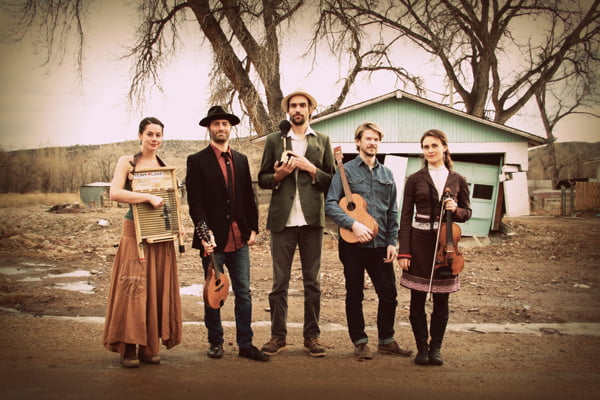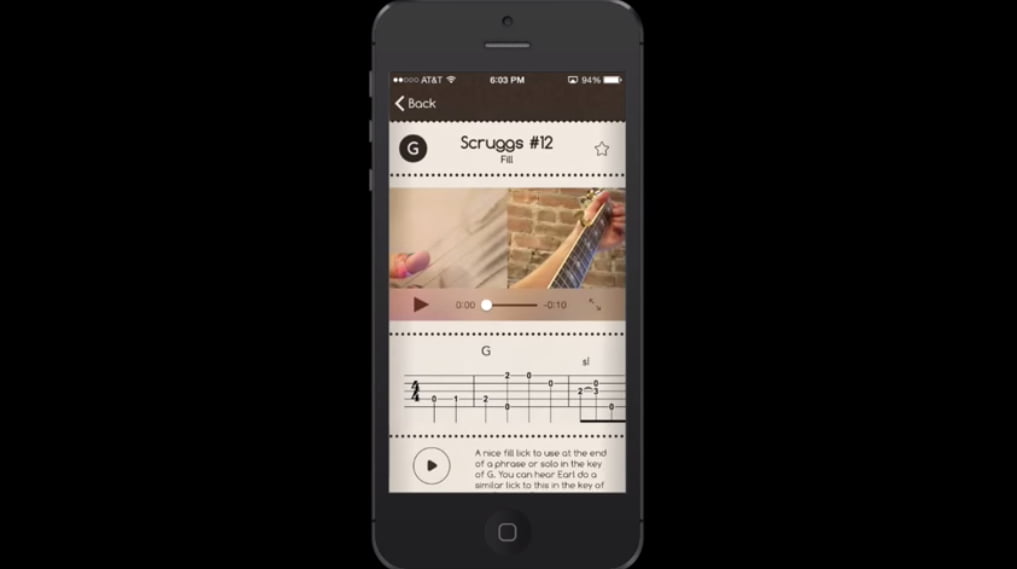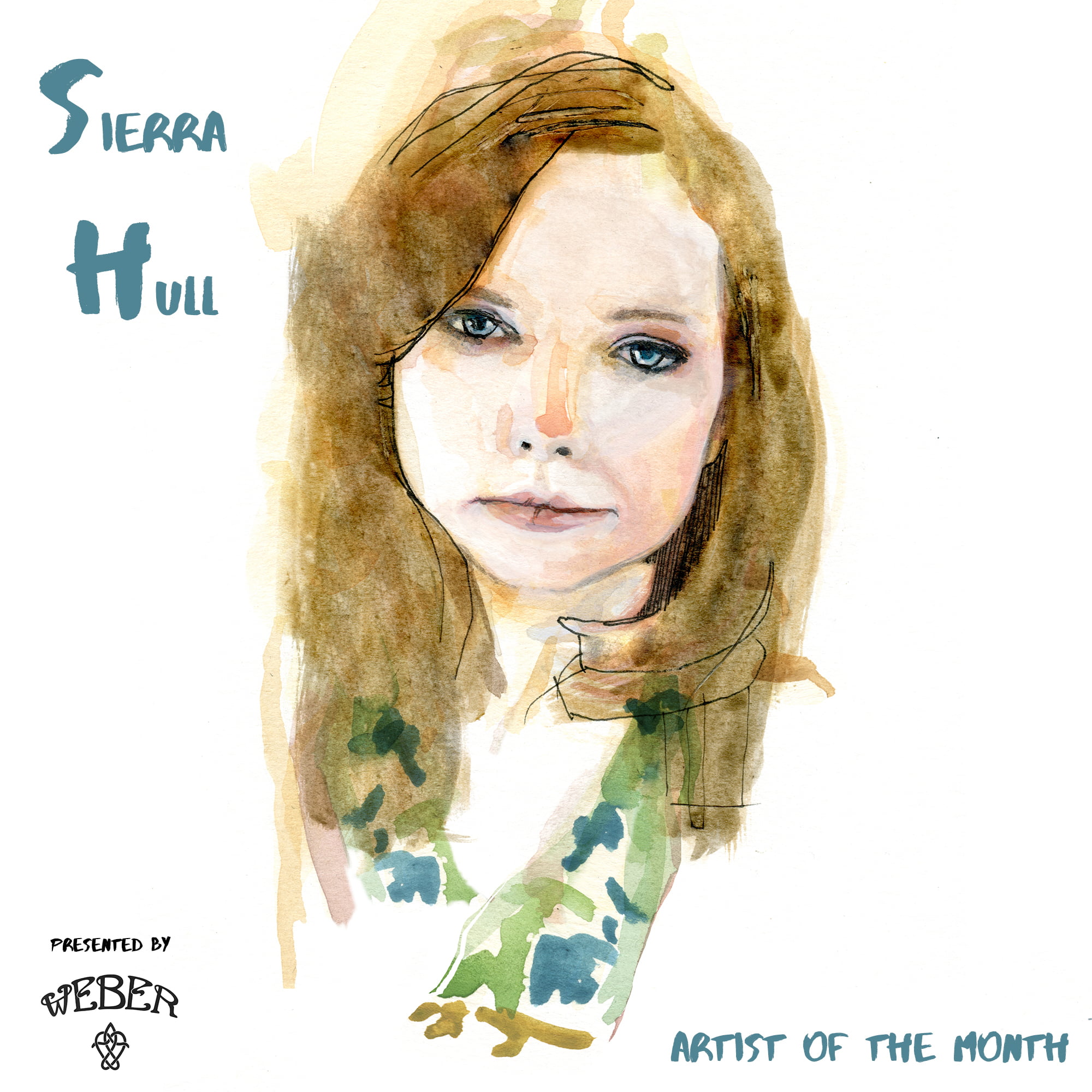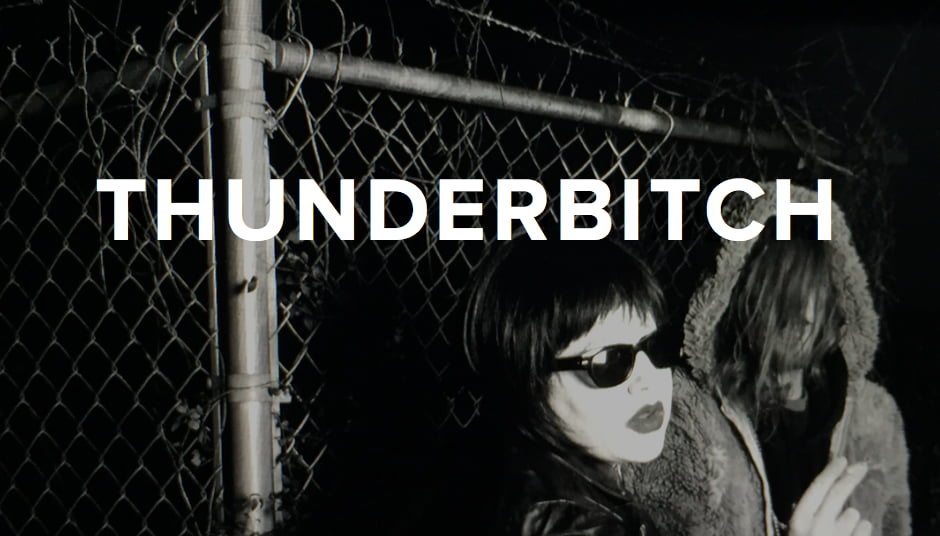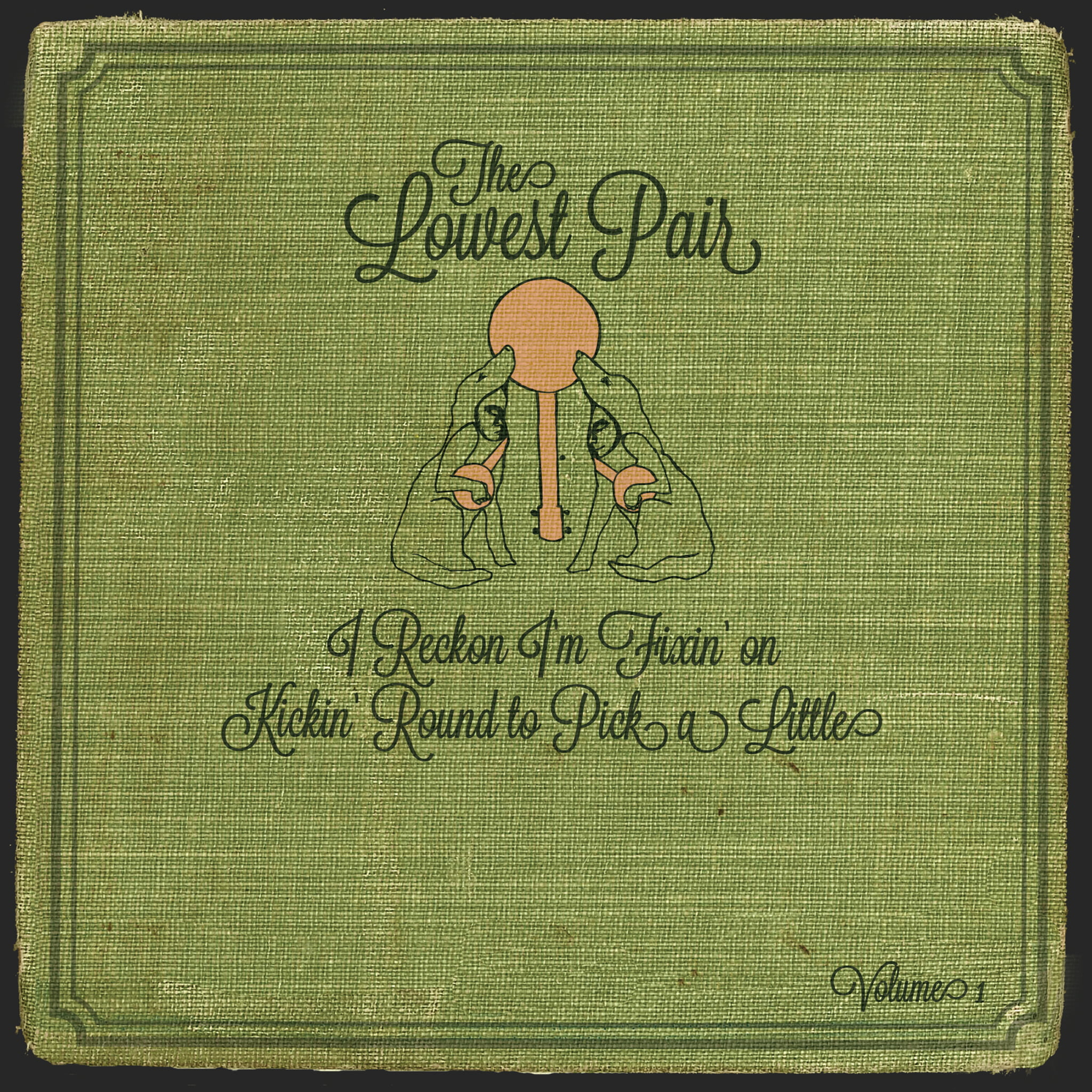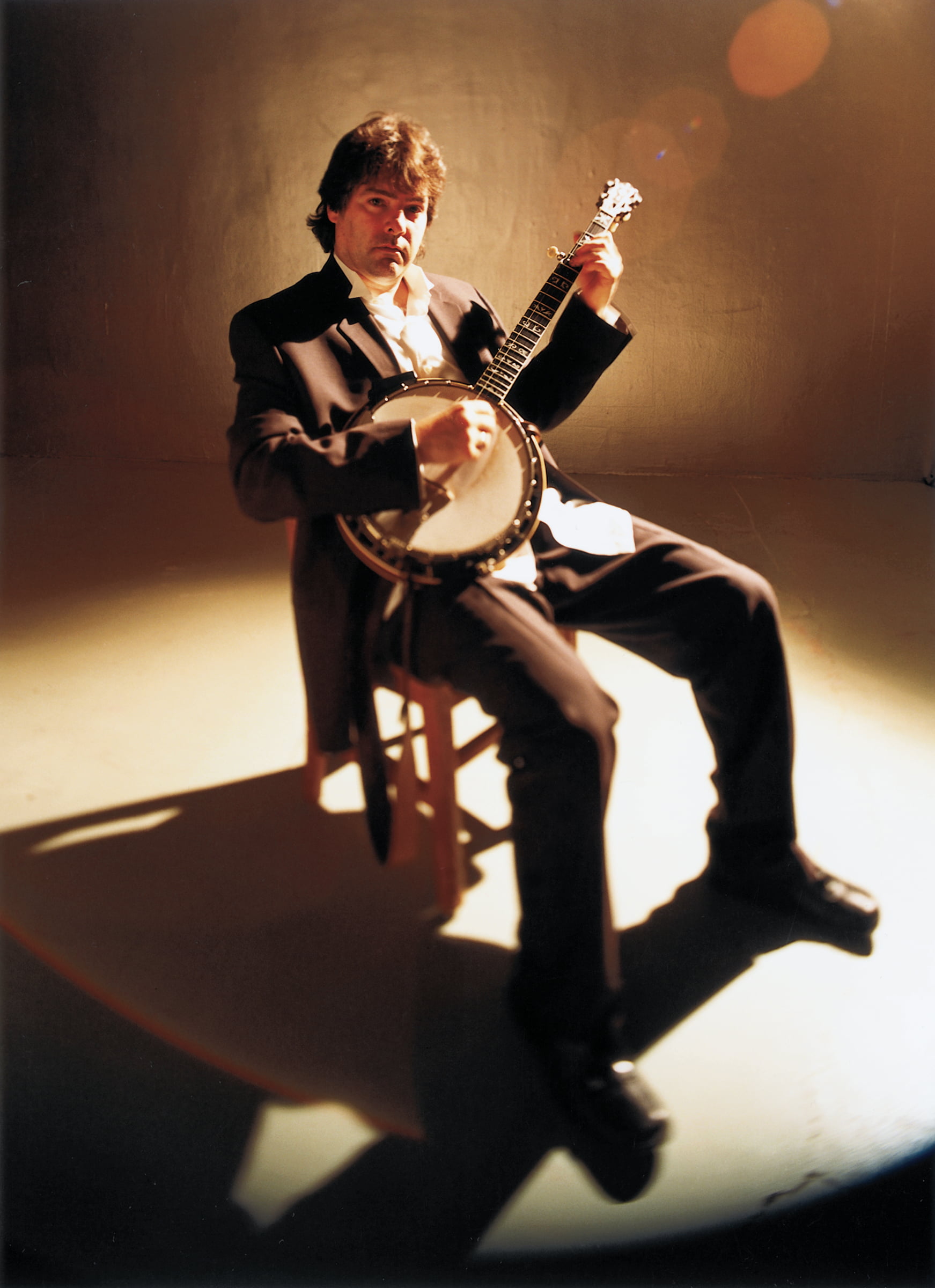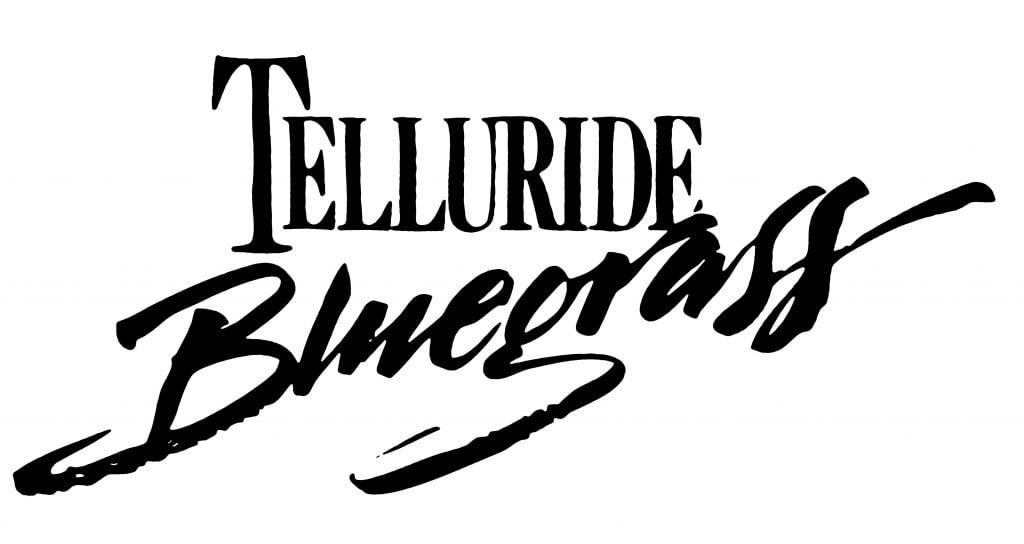The cover of Sierra Hull’s forthcoming Weighted Mind depicts a small Hull pulling a cart that holds a larger version of herself, thoughts pouring out of what must be one heavy head. It’s a fitting image for the mandolin virtuoso’s third full-length, which was as much pulled forward by Hull’s conviction as it was delayed by her insecurities. Like the art that will adorn its cover, the record is carried by Hull’s increasing confidence, stripping back the additional instrumentation to which she’d grown accustomed and entrusting the bulk of the record to her capable vocals and swift picking.
“I had never really challenged myself in that way,” says Hull. “What if I really did have to cover all the roles in one setting — what does that mean?”
The word “prodigy” has hung over Hull for a decade and, between debuting on the Opry stage by her pre-teen years to being the first bluegrass musician to receive a Presidential Scholarship to Berklee College of Music, she wears the distinction well. But working with other musicians has always been at the core of her craft, and she is effusive about the influence that her family and the bluegrass community have had. After all, her beginnings with the mandolin were sparked by her father’s lifetime affinity for the instrument: Her chance to take it up came along just a year after he began playing, himself, in their hometown of Byrdstown, Tennessee. She credits her self-taught Uncle Junior for early music lessons and recalls many a weekend spent in neighboring Jamestown, Tennessee, jamming with the locals on a community stage.
“A lot of those bands started getting me on stage with them to play. I didn’t even know very much, but I’d chop along and play rhythms,” she says. At 9, she attended her first IBMA event, and it’s there that, one year later, she would meet Ron Block, who passed along Hull’s music to his band mate (and her hero) Alison Krauss.
“The bluegrass world is a very sweet community. Your heroes are more accessible than in some other genres,” says Hull. Krauss, who brought Hull out at a televised Opry performance shortly after Block connected them, has become somewhat of a mentor to Hull, who signed to the same record label — major indie player Rounder Records — at age 13.
“In a kid’s life, a year can feel like five years. Even in a young person’s life, from 19 to 22, 23 — that’s an interesting time period in life,” Hull offers. That added significance of each year for 24-year-old Hull have made the five years since her last record, Daybreak, feel particularly weighty. “There was something different about what I felt I was writing this time around. I knew it would be different just because of the way it came out,” she confesses. Hull was writing songs on the guitar rather than the mandolin, and was wary about “forcing” the latter on them during the recording process. “It wasn’t something that felt like it would lend itself to a bluegrass album, straight ahead.”
It’s not like Hull had the intention to spend half a decade on Weighted Mind: She got into the studio with six tracks to record not long after her last full-length was released.
“I always think back to that quote: ‘The longest way around is the shortest way home.’ That was the case for me with this album,” says Hull. She holed up in RCA Studio A, handling the producer role herself and recording those six songs with renowned engineer Vance Powell. Hull went big on instrumentation, enlisting other musicians to compliment her sound and ending up with a richly layered final product. Ultimately, though, she opted not to release the material. “I think I was running from this idea that I thought everybody had of me,” she says. “Although I still think [the recordings] are really cool — working with Vance, an incredible engineer, they sound really good — something about it just wasn’t 100 percent right. I think, sometimes, you just know that.”
Mixed feedback surrounding the tracks put Hull in a vulnerable place, down on herself and unsure how to do her songs justice without reverting back to the well-worn instrumentals that she was worried had come to define her. Hull leaned on Krauss, talking through her insecurities and toying aloud with the idea of handing off the producer reins. It was Krauss that suggested banjo extraordinaire Béla Fleck for the job.
“There’s nothing, musically, he doesn’t understand,” Hull remembers Krauss saying, noting also that he would make a particularly great vocal producer. A lucky seat in front of Fleck at that year’s IBMAs gave Hull the confidence to reach out about the project and, before long, they were re-working the songs she had recorded already with a new focus.

“It was him that, for the first time, made me think that stripping everything away to just mandolin and voice could be enough,” says Hull. It started with album track “Compass.” Fleck heard the version of her song from the initial sessions and asked her to perform the number with just a mandolin. While the thought terrified her, the result was a “life-changing” one: “I was trying to make a solo record, but covering myself up. If you heard it, it could sound like anything or anybody,” she says. “What better way to know what you really are than to take everything away and leave only you?”
For the most part, that’s what Weighted Mind has become — a celebration of Hull that zeroes in on her truly unique gifts. Much of the record is characterized by impressive solo instrumentals paired with just Hull’s vocals, and stripping things back has allowed her songwriting strengths to shine through, too. “Bluegrass music is very instrumentally and melodically driven. It’s a lot about the picking and the virtuosity of the musician and their solo moment,” she says. Given her background excelling at instrumentals, it’s easy see how she might have gotten caught up there, but instead she shifted her priorities. “This time around I really felt like the lyrics were more important to me than they’ve been on a project.”
On Weighted Mind, “In Between” details the highs and lows that went into the record, touching on Hull’s being “too young to crash, but not to get burned.” Meanwhile, standout track “Black River,” which closes the album and features contributions from Fleck and Krauss along with Abigail Washburn and Rhiannon Giddens, is as much a collaborative high point as it is a mark of Hull’s growth lyrically. Rife with metaphor, the song’s chorus successfully lends a literary quality to mascara-stained tears, and tempered harmonies contrast lyrics that detail the uncontrollable welling of emotions. For all Hull’s qualifiers and warnings that Weighted Mind wouldn’t fit the bluegrass mold, the record is an astonishing celebration of traditional sounds juxtaposed with modern themes.
“Bluegrass has been my home base, my world,” Hull confides. “I’ve found that people’s ideas of bluegrass music fluctuates from Mumford & Sons to Bill Monroe. It’s a little bit of everything, and I think that’s wonderful. If people want to categorize a wide variety of things as bluegrass, I only think that’s healthy for the greater good of the music.”
Weighted Mind is a testament to Hull’s lived experiences and the study of her craft, and it seems prime to pluck Hull from her prodigious roots and place her among the varied contemporaries she admires in the bluegrass community. A confident step, one can only hope it is but the first on her shortest way home.
This post was brought to you by Weber Fine Acoustic Instruments. To shop Sierra's favorite mandolin and more, visit webermandolins.com.
Lede illustration by the fantastically talented Cat Ferraz.
